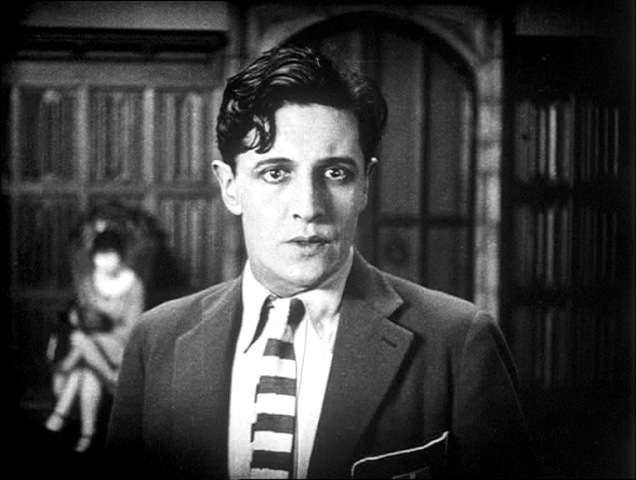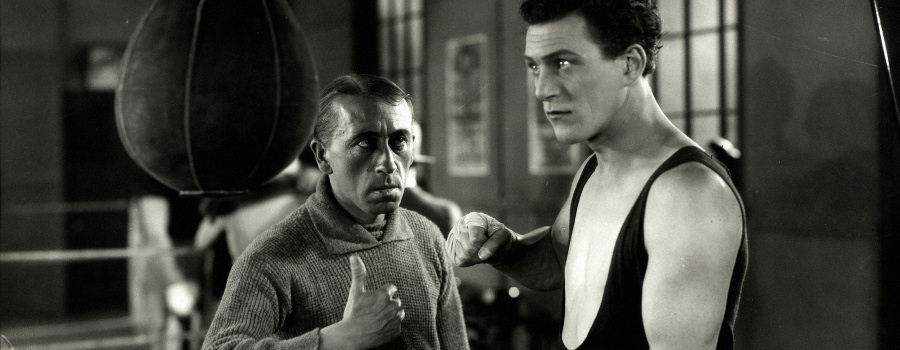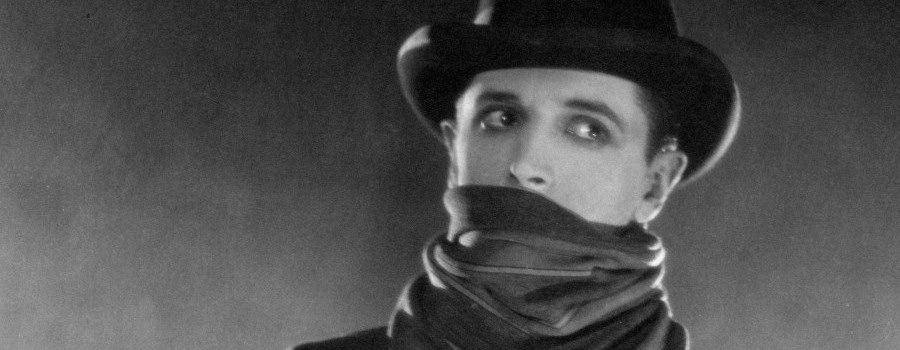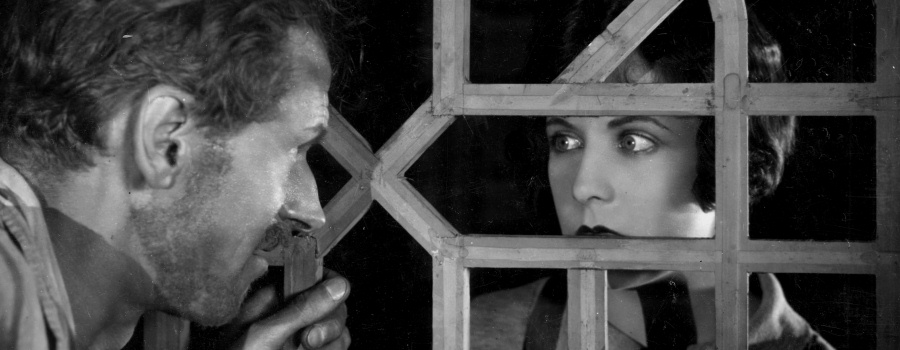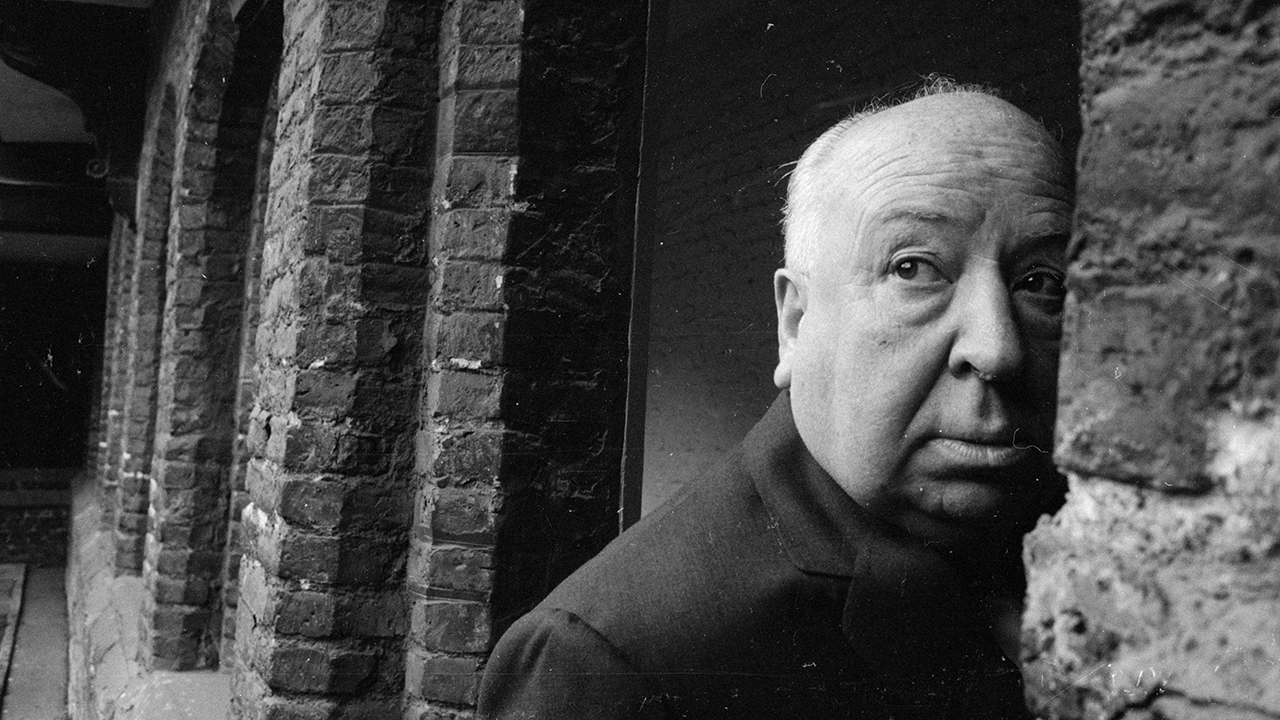A Year with Hitchcock: The Farmer’s Wife, by Reed Lackey
28 Jan
Of all the things you’d expect from an Alfred Hitchcock film, straight-forward comedy would probably be last on the list.
Enter this early little gem — which would never rank among the comedic greatness of Keaton, Chaplin, or Lloyd (or even the funniest of Hitch’s work) — but is disarmingly funny nonetheless. The premise is very simple: a widower farmer decides to seek a wife. He seeks out a new bride in an almost mathematical fashion, frequently with highly comedic rejections. I chuckled several times during this film as each new rejection increased in absurd over-dramatics. It doesn’t ever quite rise to the status of screwball gold, but there are genuinely humorous moments.


